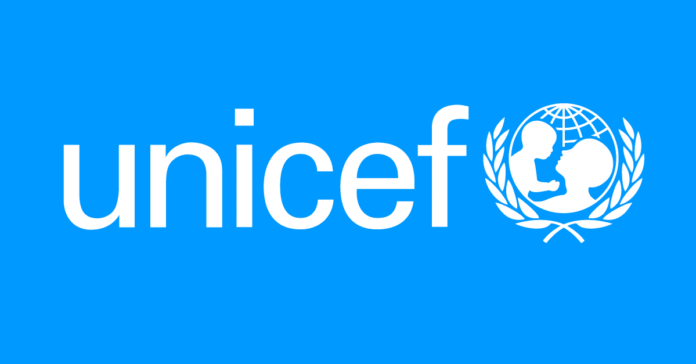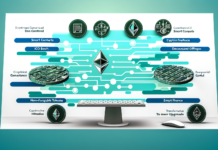Cryptocurrency is to be used to bolster the work of charity organizations, as UNICEF harnesses mining technology to raise funds for Syrian children in need.
Despite the plunge in value experienced by most cryptocurrencies since the start of 2018, industries are increasingly turning to blockchain technology and cryptocurrencies. Prominent charity organization, UNICEF, have recently launched a new pilot project that seeks to harness the new technology and crypto craze to do some good.
The Game Chaingers project
UNICEF’s new pilot project, Game Chaingers allows gamers to use their computer resources to mine Ethereum to be used for Syrian children in need. Gamers from anywhere in the world can easily install the software which will use their computer power to mine Ether, in an attempt to bring some much-needed relief to Syrian children affected by the Syrian civil war. The project is the first of its kind for UNICEF, and, since its launch, has only raised $1110. However, this may just be the first of more exciting humanitarian crypto projects that the organization intends to launch.
Interested gamers should note that they should have access to an adequate graphics card to mine ether efficiently. However, those with adequate graphics cards have been encouraged to visit the Game Chaingers website where they can download the necessary software to set up the process. Once the gamer is not using their device, the device is used for mining ether. Claymore, the software which enables the mining, uses the device’s graphics cards to mine ether and afterward automatically donates it to the UNICEF wallet. These funds are then used to bring relief in Syria.
Previous relief efforts in Syria
In May 2017, the World Food Programme (WFP) harnessed cryptocurrency to provide Syrian refugees in a Jordan-based refugee camp with almost $14 million worth of food vouchers. According to the WFP, while these food vouchers did not necessarily affect the quality of the supplies, it did prevent the common practice of refugees being exploited by greedy intermediaries when it comes to buying food.
The UN has initiated projects that utilise blockchain technology in order to prevent losing funds due to corruption. The blockchain can allow the UN to create a more efficient and transparent system, ensuring that every refugee receives their fair share of what the UN can provide. For example, the UN can create a portfolio of every refugee to keep track of their necessary documents and secure for them the help needed.
According to Robert Opp, who serves as the WFP’s Director of Innovation, the blockchain can be a vital part in the creation of a system that is more effective in defining and delivering on the safety and security of people in need.
Cryptocurrency has received a bad reputation since its establishment, due to some associations with criminals on the Dark Web and high-profile Ponzi-schemes such as the recent BitConnect scandal. However, the Game Chaingers project proves that cryptocurrencies also have vast potential to deliver philanthropic projects when used by the right people.















